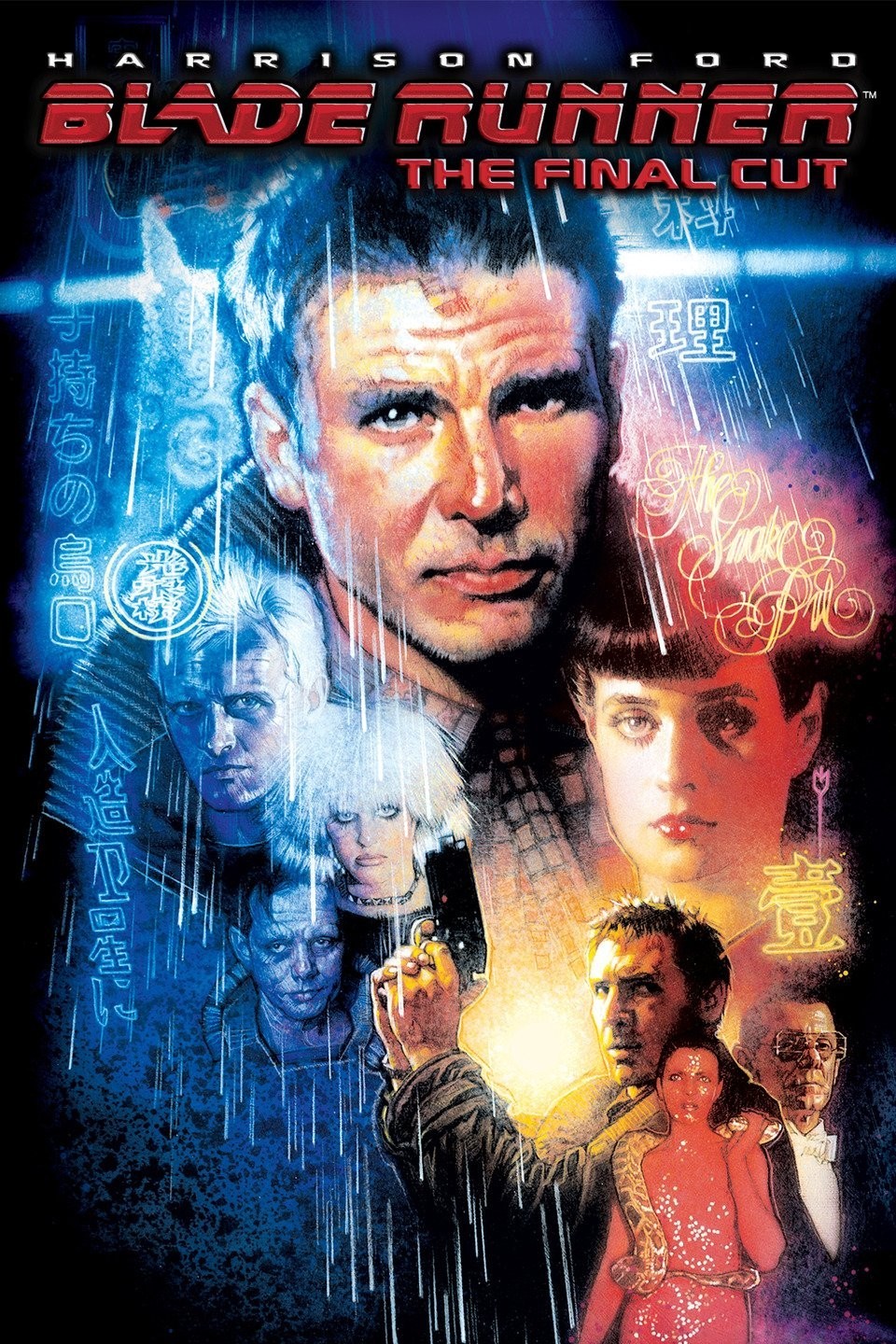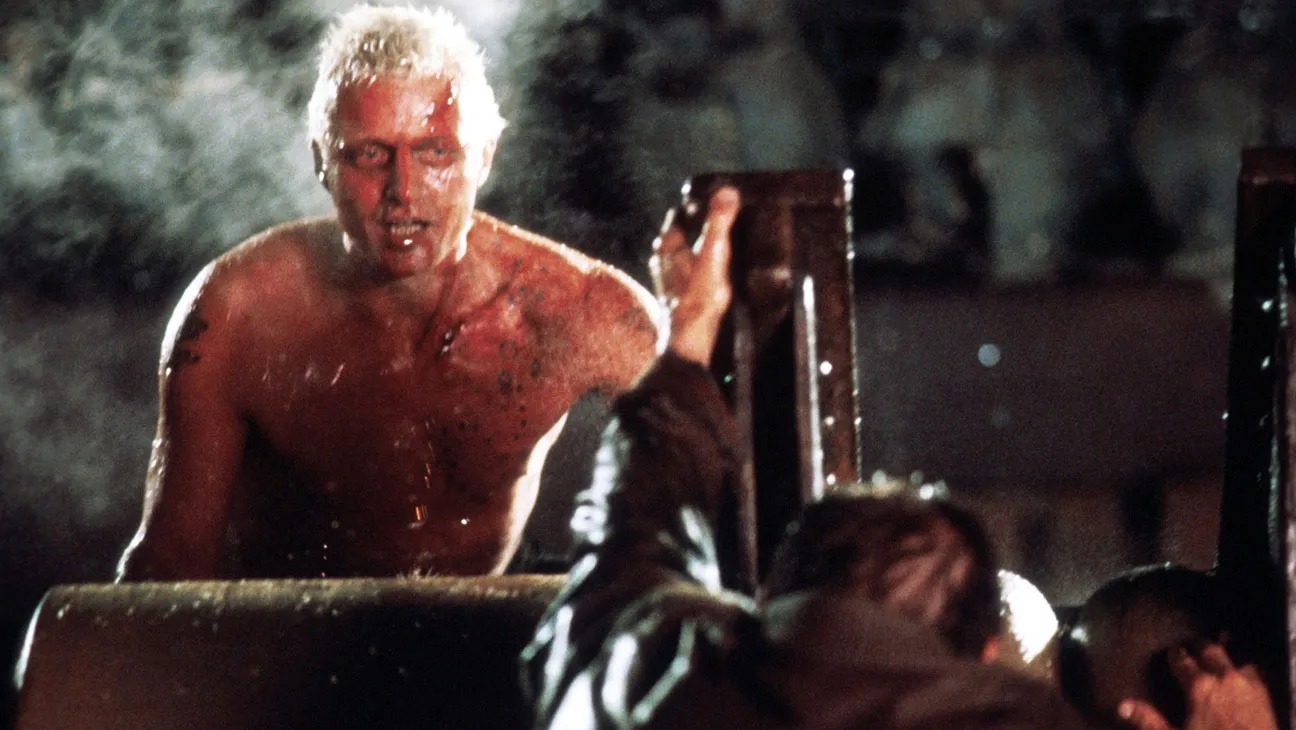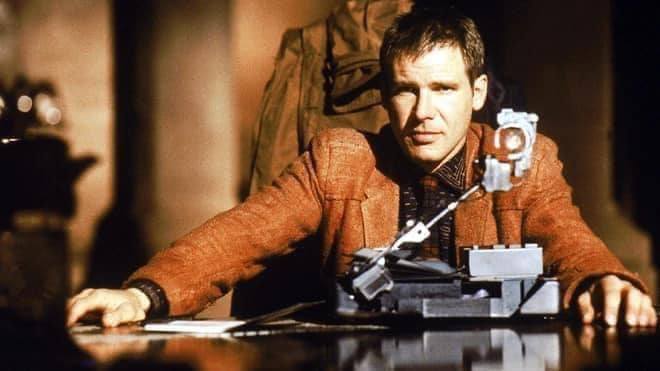Blade Runner (1982)


Director: Ridley Scott
Based on: Philip K. Dick’s novel Do Androids Dream of Electric Sheep?
Starring: Harrison Ford, Rutger Hauer, Sean Young, Edward James Olmos, Daryl Hannah

Overview: “Blade Runner” is a seminal science fiction film that delves into themes of identity, mortality, and the essence of humanity. Set in a dystopian future Los Angeles, the film presents a world where human-like androids, known as replicants, are created for off-world labor and entertainment. The narrative follows Rick Deckard (Harrison Ford), a blade runner tasked with hunting down and “retiring” (destroying) these rogue replicants.
Key Elements:
- Plot: Deckard is brought out of retirement to track down a group of replicants who have come to Earth seeking a way to extend their predetermined lifespan. As he hunts them down, he grapples with questions about his own humanity and the nature of the beings he is hunting.
- Themes: “Blade Runner” explores deep philosophical questions about what it means to be human. It addresses issues of identity, consciousness, and the moral implications of creating beings with human-like qualities.

- Visual Style: Ridley Scott’s direction creates a visually striking and atmospheric setting. The film’s neo-noir aesthetic, with its rain-soaked streets and towering skyscrapers, sets a mood of dystopian decay and existential uncertainty.
- Musical Score: The haunting score by Vangelis enhances the film’s atmosphere, blending electronic and orchestral elements to create a memorable and immersive experience.
- Performances: Harrison Ford delivers a nuanced performance as Deckard, and Rutger Hauer’s portrayal of Roy Batty, a replicant leader, is both charismatic and tragic, particularly in his famous “Tears in Rain” monologue.
- Influence: “Blade Runner” is widely regarded as one of the greatest sci-fi films ever made. Its impact on the genre is profound, influencing countless films, books, and other media with its exploration of technology and humanity.
Legacy: Despite a mixed reception upon its initial release, “Blade Runner” has since become a critical and cultural landmark. Its philosophical depth, visual style, and storytelling have cemented its place in cinematic history, inspiring discussions about the future of technology and its implications for the human condition.










